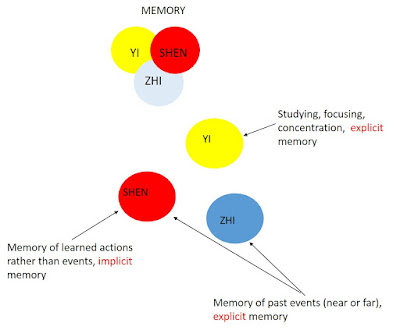Adult Children of Alcoholics
Who Are Adult Children of Alcoholics?
Adult children of alcoholics are people whose lives have been affected by growing up with a parent (or other family member) who drank or abused drugs. Living with somebody who abuses alcohol on a regular basis is chaotic, scary, and can be dangerous. When that person exercises power over your life and is responsible for meeting your physical and emotional needs, the harm caused is unavoidable and can be long lasting.Adult Children of Alcoholics (or ACOA) is a twelve-step program of people who support each other in recovering from the effects of a damaged childhood. Together they learn to value themselves and each other and to live healthier lives, freeing themselves from the influence and control that growing up with an alcoholic parent has exerted on their emotional well-being and on their outlook on life in general.
How Does an Alcoholic Parent Affect a Person’s Life?
Some common symptoms of being raised by an alcoholic parent include- Control issues
- Anger and grief
- Post Traumatic Stress Disorder
- Fear of intimacy
- Lack of healthy boundaries
- Placating others
- Feelings of unworthiness
- Taking responsibility for the behavior and choices of others
- Seeking out dysfunctional people/relationships
- Enabling and supporting unhealthy behaviors in others
- Needing to be surrounded by chaos to feel normal
- Denial of dysfunction in self and others
How Do Adult Children of Alcoholics Recover?
Anyone can recover from the trauma of growing up in a dysfunctional household and go on to live a life blessed by healthy relationships with others. The first step in recovery is recognizing that you have a problem and seeking help.There are 12 Steps that the ACOA program adheres to, and they are informed by the traditional 12-steps of Alcoholics Anonymous but not the same. Just like all 12-step programs, the emphasis is on building bonds with others and then helping yourself and others by getting honest and doing 'the work' that your sponsor recommends. For more information or to find a meeting, visit the official ACOA website.


Comments
Post a Comment